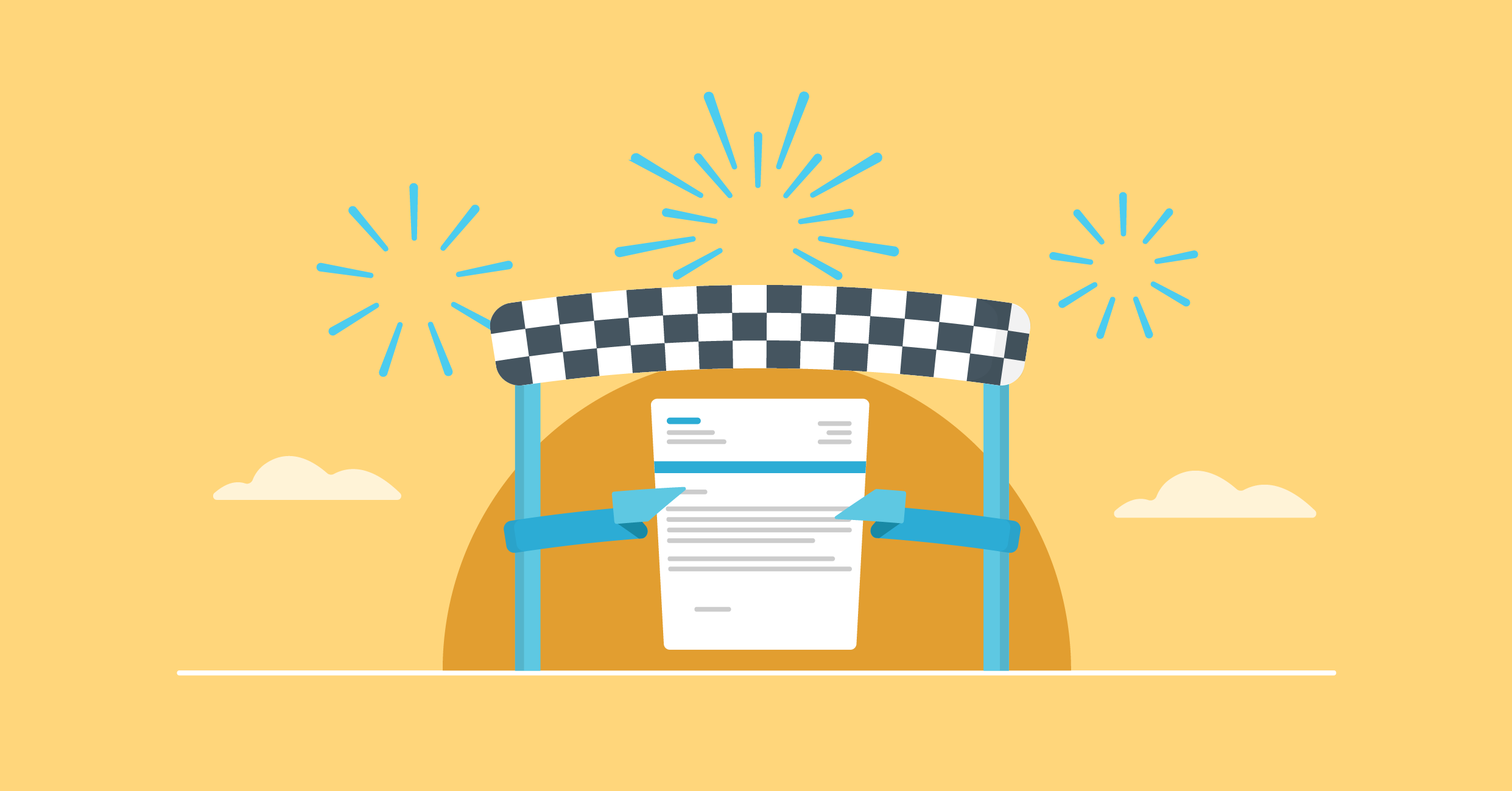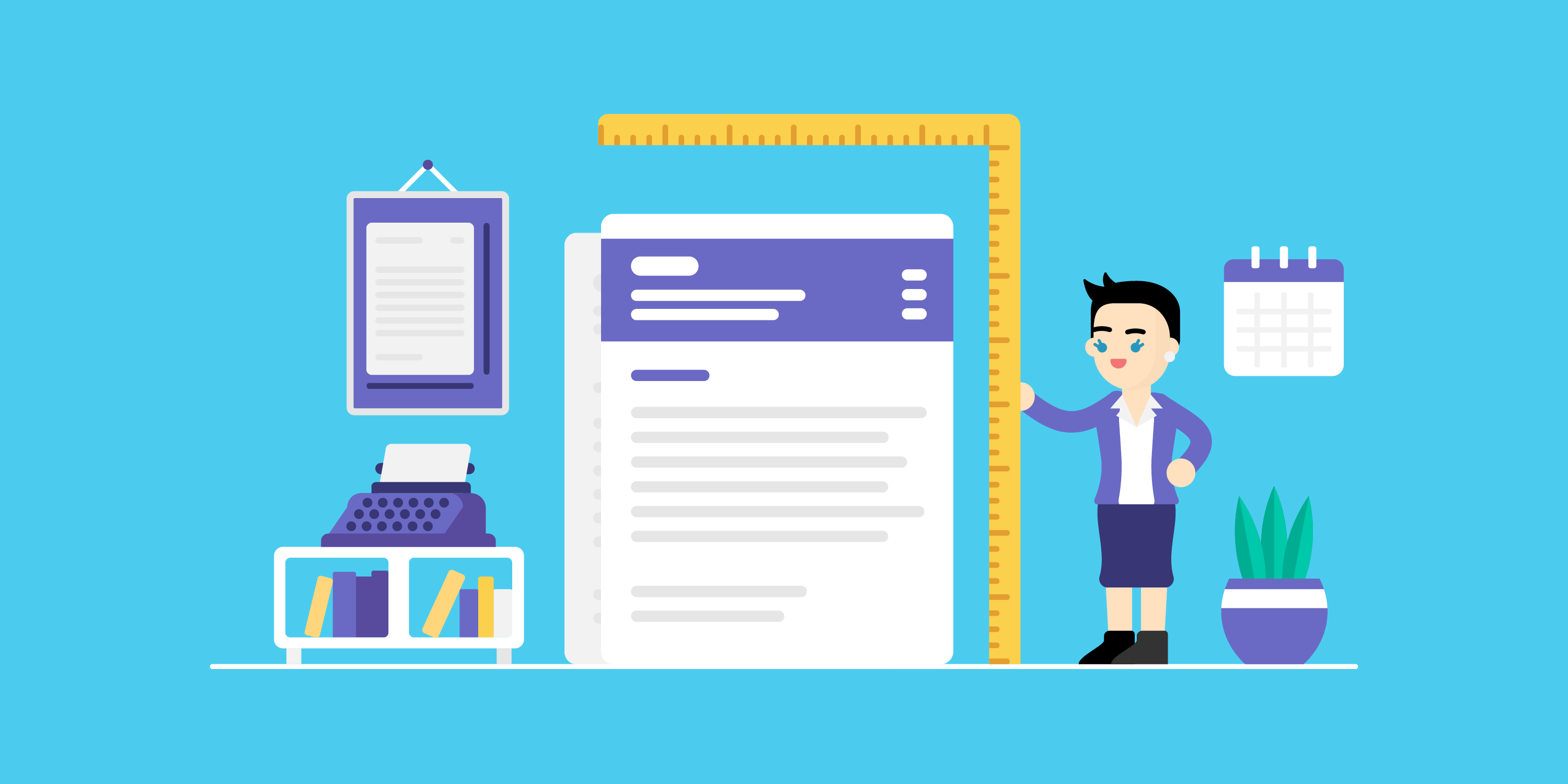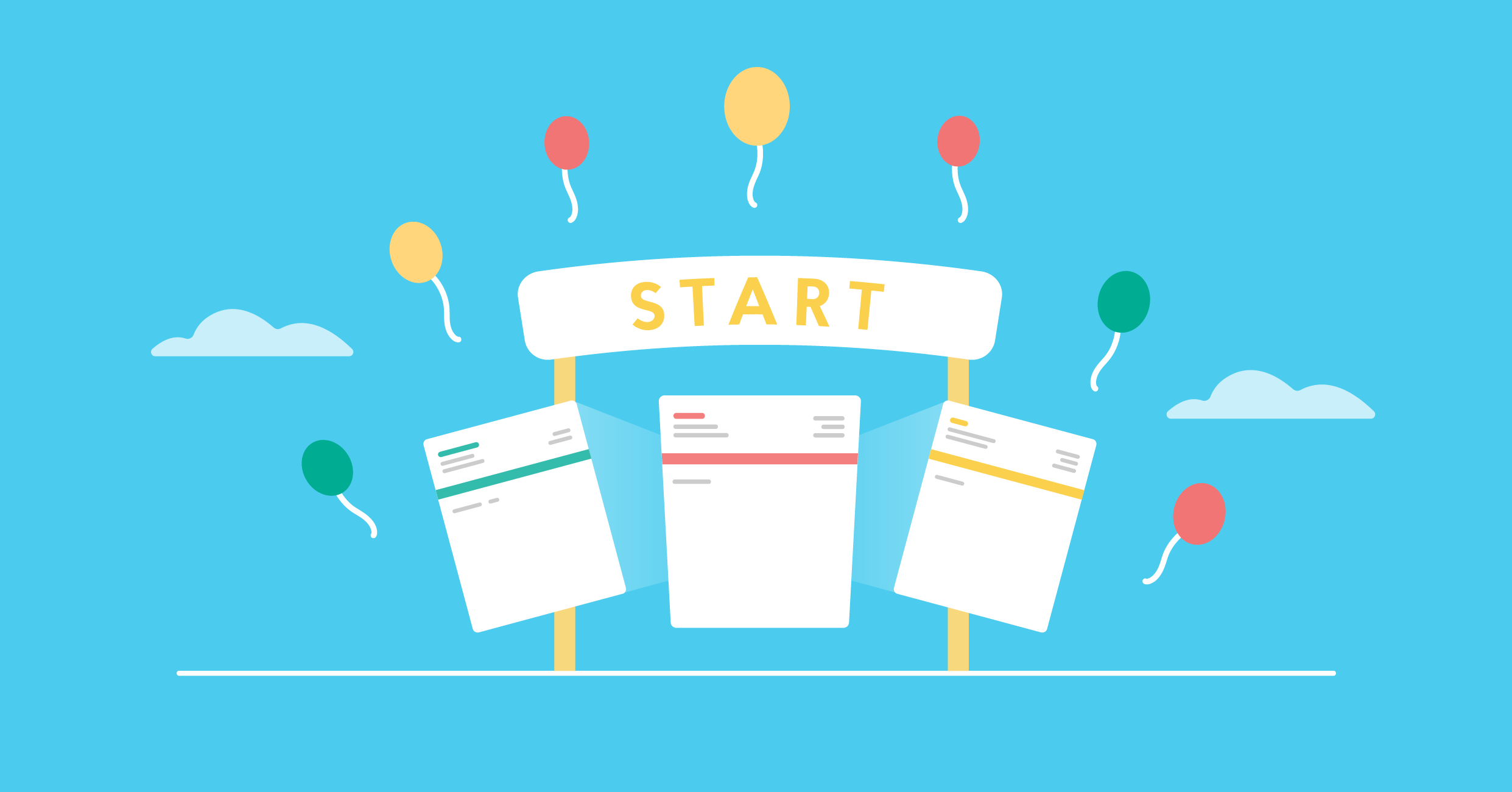
How you end your cover letter is an important part of the process.
You’ve managed to make a good impression with your cover letter and now you want to “exit” on a good note with an equally impactful conclusion.
This is where this article comes in.
We’ll show you how to end your cover letter effectively and leave the right impression on the recruiter reading it!
Read on to find out:
- 6 Ways to end a cover letter for a job (with examples)
- Ways NOT to end a cover letter
- How to sign off a cover letter
- Signature lines NOT to use
New to cover letter writing? Give our resumes 101 video a watch before diving into the article!
6 Ways to End a Cover Letter for a Job (With Examples)
Your cover letter ending consists of your closing paragraph and your signature line.
As your official “parting” from the recruiter, your closing paragraph should be an on-point summary of your cover letter’s highlights and a chance to reaffirm your strong points.
To guide you in the right direction, we’ve put together our favorite tips on how to end a cover letter effectively.
So, let’s see what they’re all about!
#1: Show Confidence
First things first—make sure you end your cover letter on a confident note.
All your skills, qualifications, and strengths will lose a bit of their value if you don’t confidently show the recruiter that you can apply them to the company’s benefit.
Say, you mentioned a bunch of noteworthy achievements and skills as you were writing your cover letter. Your cover letter ending is your chance to confidently reiterate them.
For example, you might have mentioned in your cover letter how you helped your previous company exceed its sales target by 30%. That’s an achievement you can use to conclude your cover letter confidently.
For example:
Example:
I believe my ability to generate sales and drive results will be a significant contribution to your company’s goals and KPIs.
#2: Sum Up Your Skills (For the Position)
Another way to effectively end your cover letter is to sum up your top skills.
More specifically, sum up exactly how your skills will bring value to the team or company, or how they are relevant to the position you are applying for.
Here’s an example of how you can do this:
Example:
To conclude, I can confidently say that my 5 years of experience as a researcher have made me detail-oriented, patient, and able to connect smaller pieces of information to see the bigger picture. I believe these skills will be of use in this position.

#3: Be Enthusiastic
You may be highly qualified and justifiably confident in your skills, but employers also want to see that you will be a motivated and engaged employee.
So, make sure to express your enthusiasm! This will show that you care about this job and that you will put passion and energy into your work if you’re hired.
Employees who are enthusiastic about their work are also far more likely to stay on board long term, which means that you’ve got more chances to get (and stay) hired! It’s no wonder that 71% of executives say that employee engagement is critical to their company’s success.
As such, sometimes, the deciding difference between two equally qualified candidates is just their level of interest and enthusiasm for the position.
Example:
Being able to apply all of my skills and previous experience to this project is an ideal and exciting opportunity for me.
#4: State Your Goals and Set Expectations
Another great way to end your cover letter is by stating your professional goals and giving the recruiter a general idea of what they should expect from you as a potential employee.
This will show that you are proactive and that you have clear objectives for your career.
Keep in mind though—when stating your goals and expectations, focus on mentioning how you’ll contribute to the company and benefit the employer, not just the other way around.
And remember—what can set you apart from other candidates is expressing exactly what connects you to the company (other than just wanting to be hired). This can make your claims more believable and attract recruiters more easily.
Here’s an example of how you can make that work:
Example:
My goal is to be counted among the top professionals in the field, not only due to my skills but also because of my appetite for innovation. Your company’s mission to innovate some basic aspects of our daily lives is an inspiration for my work and I’d be happy to contribute my skills to achieve this common mission.
#5: Don’t Forget to Say “Thank You”
Don’t forget to end the letter with gratitude.
After all, recruiters go through countless applications daily, so just the fact that they took the time to read yours is enough of a reason to be thankful.
Because it is expected that you will say “thank you” (and would be considered rude if you don’t), genuine gratitude is what will make you instantly more likable and win you extra points.
Example:
Thank you for taking the time to review my application. I truly appreciate your consideration and hope to have the chance to prove through my dedicated work for your company.
#6. Keep It Professional
This last piece of advice is quite simple. Keep your cover letter professional. You’ll have plenty of chances to express the more fun side of your character.
There will be plenty of time to express your more “casual” side once you’re hired. At this stage, though, employers want to see that you are professional, reliable, and serious about your work.
So, it’s better to use academic language and a clean, simple style.
💡
Quick Tip
Liked the tips we covered in this article? There’s more where that came from! Check out our complete guide with the top 21 cover letter tips.
Ways NOT to End a Cover Letter
And now that we covered the best ways to end your cover letter, let’s go over what you should NOT do when you’re writing your cover letter ending.
- Do not appear desperate for the job. There is a fine line between expressing enthusiasm and being desperate. If you step over that line, you might blow your chances at getting a callback.
- Don’t be cocky and entitled. Avoid rhetoric that implies that the company would be foolish not to hire you and avoid speaking as though you’ve already been hired.
- Do not use overly familiar language or slang. That is unless you are working in the comedy industry.
- Don’t forget to proofread. Forgetting to proofread your cover letter (including the ending) is a big no-no. Typos and grammar mistakes can come across as unprofessional, so make sure to double-check for mistakes or use software like Grammarly.
- Don’t be sloppy! Pay attention to how you structure your closing paragraph just as much as the rest of your cover letter. This is the last thing the recruiters will read and it is what they will remember from the cover letter.
- Do not skip the closing! Not including a final paragraph in a cover letter is a huge mistake. This is your opportunity to summarize your strong points, enthusiasm, and gratitude memorably.
💡
Quick Tip
Want to know what mistakes you should avoid when you’re writing your cover letter? Our guide on cover letter mistakes has all you need to know.
How to Sign Off a Cover Letter
Signing off your cover letter is a pretty straightforward task. All you have to do is use a signature line, followed by your full name. Something like this:
Sincerely,
Jane Doe
And since “sincerely” has become overused, consider these signature lines to use instead:
- Thank you,
- Kind regards,
- With best regards,
- Most sincerely,
- Respectfully yours,
- Best regards,
- Respectfully,
- Thank you for your consideration,
Signature lines not to use
You probably know better than to use any of the signature lines below, but we thought to go over them just in case. So, whatever you do, refrain from using any of the following:
- Love
- Bye
- Yours
- Cheers
- Warm Regards
- Yours Truly
- Fondly
- Have a wonderful day
- Affectionately
- XOXO
- Fondly
- Ciao
- Thnx
- Any emoji
- Godspeed
Do I Sign a Cover Letter?
Whether you should sign a cover letter depends on how you are sending your cover letter.
Nowadays, most cover letters are sent electronically. If that’s the case with you, there is no need to add an electronic signature.
Simply add your full name at the end of the cover letter, using the same font as the rest of your letter.
If you are sending a good old-fashioned printed cover letter, on the other hand, include the same details and add your signature underneath your name.
Having a matching resume and cover letter is a great way to make a good impression on the hiring manager! We make that super easy for you - just pick one of our matching pairs of resume & cover letter templates and start writing yours!

Key Takeaways
How you end your cover letter is extremely important. If you manage to get it right, your application will make an impression and most surely earn you a callback.
To make sure you got it right, let’s go over the main points we covered in this article:
- Your cover letter ending should contain a captivating closing paragraph and a signature line.
- To write a good closing paragraph, do some of the following: convey enthusiasm, recap your skills and qualifications, show gratitude, and state your goals and expectations.
- Things NOT to do when you’re writing your cover letter ending are: appearing cocky, being sloppy, forgetting to proofread, and ignoring the ending altogether.
- Signature lines to consider in addition to sincerely are: kind regards, respectfully, and most sincerely.



